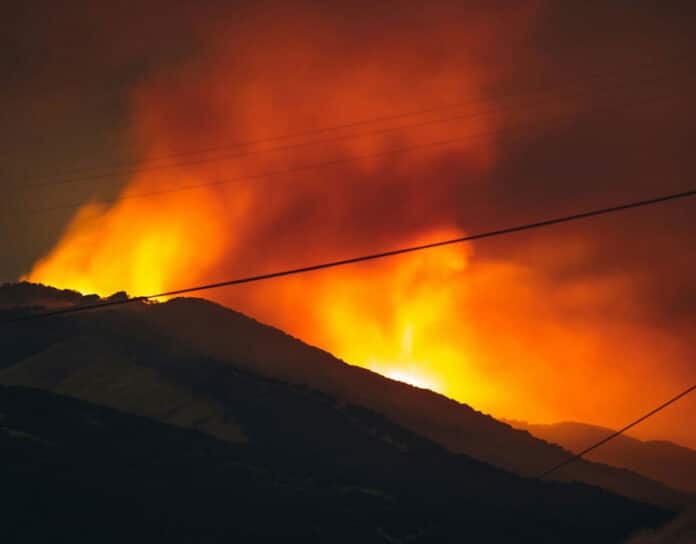Individuals and businesses affected by wildfires and winds that have been devastating southern California are eligible for tax relief, the Internal Revenue has announced.
The IRS is giving these taxpayers until Oct. 15 to file federal individual and business tax returns and make tax payments.
Any area designated by the Federal Emergency Management Agency in relation to the recent wildfires and winds is eligible for the tax relief. Specifically, it applies to individuals and households residing or having a business in Los Angeles County.
Any other counties added later to the disaster area will also be eligible. For the current list of eligible places is go to the Tax relief in disaster situations page on IRS.gov.
Filing and payment relief
The IRS relief will delay various tax filing and payment deadlines that occur from the postponement period of Jan. 7 through Oct. 15. Eligible individuals and businesses have until Oct. 15 to file returns and pay any taxes that had been due during this period.
The Oct. 15 deadline applies to:
- Individual income tax returns and payments normally due on April 15
- 2024 contributions to IRAs and health savings accounts for eligible taxpayers
- 2024 quarterly estimated income tax payments normally due on Jan. 15 and estimated tax payments normally due on April 15, June 16 and Sept. 15
- Quarterly payroll and excise tax returns normally due on Jan. 31, April 30 and July 31
- Calendar-year partnership and S corporation returns normally due on March 17
- Calendar-year corporation and fiduciary returns and payments normally due on April 15
- Calendar-year tax-exempt organization returns normally due on May 15
Additionally, penalties for failure to make payroll and excise tax deposits due on or after Jan. 7 and before Jan. 22 will be abated if the deposits are made by Jan. 22
For details on other returns, payments and tax-related actions qualifying for relief during the postponement period, got to the Disaster assistance and emergency relief for individuals and businesses page.
Any taxpayer with an IRS address of record located in the disaster area automatically gets IRS filing and penalty relief. They don’t have to contact the agency to get the relief.
In some cases, such as a recent move, an affected taxpayer may not have an IRS address of record in the disaster area. In these cases, the taxpayer could get a late filing or late payment penalty notice from the IRS for the postponement period. In that case, call the number on the notice to have the penalty abated.
The IRS will work with a taxpayer who resides outside the disaster area but whose needed records are in the affected area. In that case, call the IRS at 866-562-5227. This also includes workers who are participating the relief activities and are affiliated with a recognized government or philanthropic organization. Disaster area tax preparers with clients outside the disaster area can choose to use the bulk requests from practitioners for disaster relief option, described on IRS.gov.
Additional tax relief
Individuals and businesses in a federally declared disaster area who experienced uninsured or unreimbursed disaster-related loss can claim them on either on the tax return they file this year or in 2025. They have up to six months after the due date of their federal income tax return for the disaster year — without regard to any extension of time to file — to make the election. For individual taxpayers, that would mean Oct. 15, 2026. The FEMA declaration number – 4856-DR − must be written on any return claiming a loss. For details, go to Publication 547, Casualties, Disasters, and Thefts.
Qualified disaster relief payments are usually excluded from gross income. This generally means that affected taxpayers can exclude from their gross income amounts received from a government agency for reasonable and necessary personal, family, living or funeral expenses, as well as for the repair or rehabilitation of their home, or for the repair or replacement of its contents. See Publication 525, Taxable and Nontaxable Income, for details.
Retirement plan relief
Affected taxpayers who participate in a retirement plan or individual retirement arrangement may be eligible for relief from the IRS. A taxpayer may be eligible to take a special disaster distribution that would be exempt from the additional 10% early distribution tax and would allow the taxpayer to spread the income over three years. In addition, taxpayers may be permitted to make a hardship withdrawal. The rules that participants must follow vary by plan or IRA.
The IRS may provide additional disaster relief in the future.
The IRS tax relief is part of the federal response to the damage caused by these fires and is based on local damage assessments by FEMA. For disaster recovery details, go to DisasterAssistance.gov.







